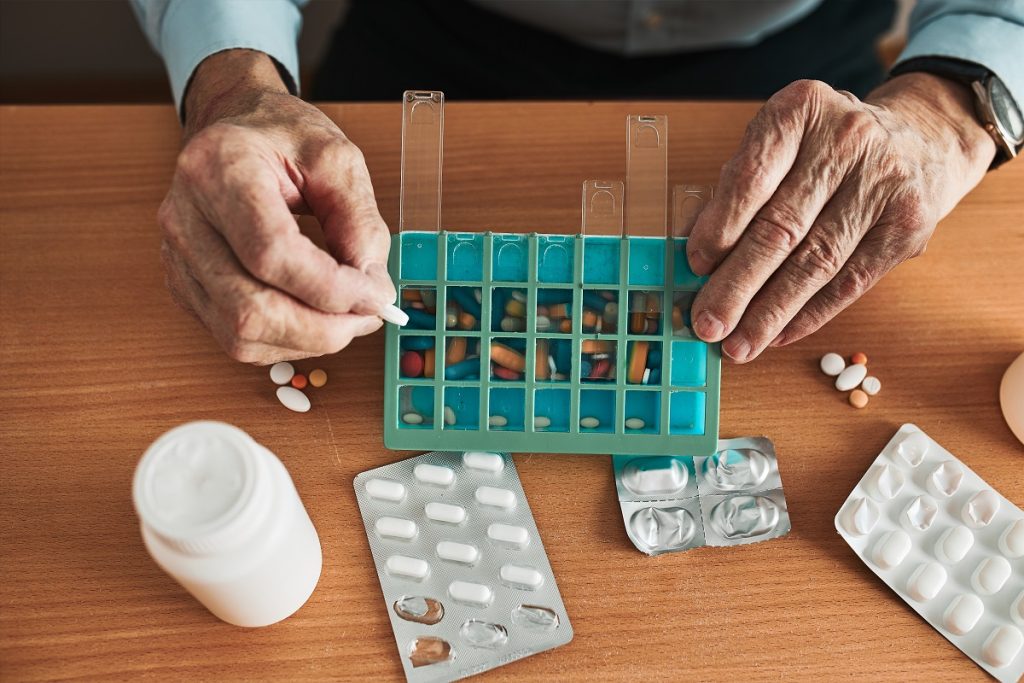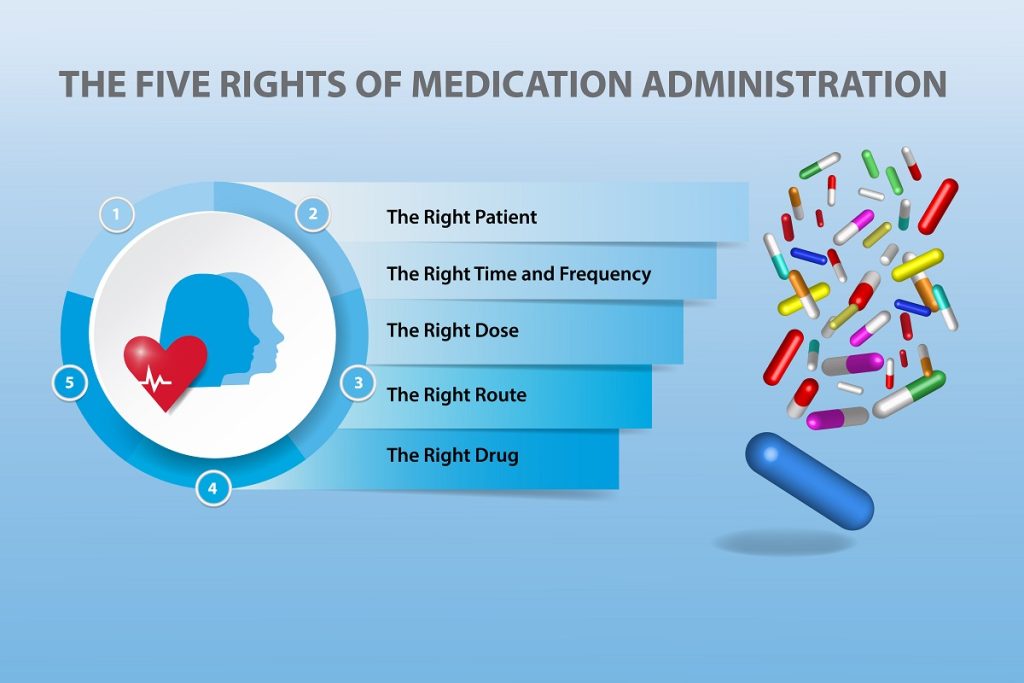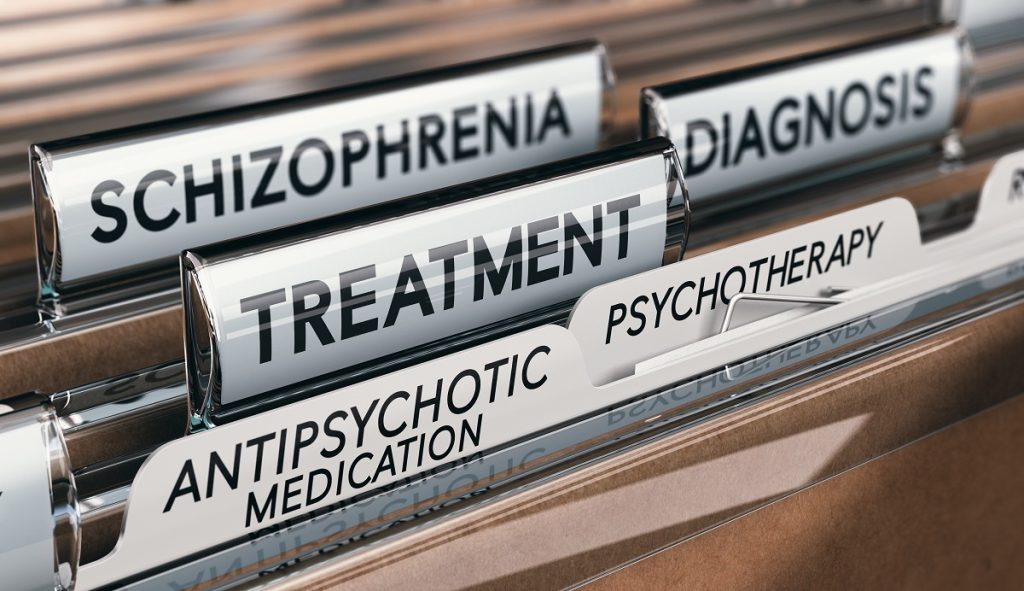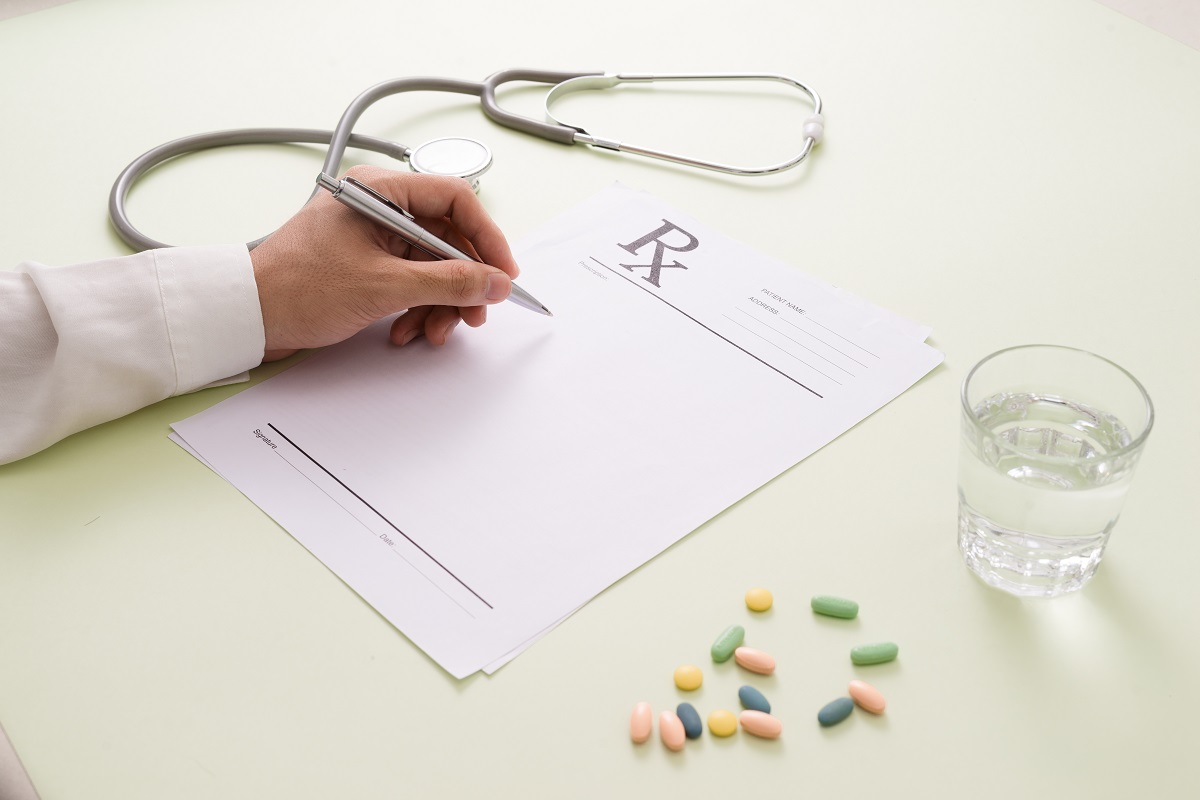Medication management is a system used in a healthcare facility to oversee patient medication to ensure that meds are appropriately delivered and taken to achieve the desired therapeutic result without side effects. The process should include patient education, so patients and caregivers understand the importance of proper adherence to the schedule.
Physicians prescribe medication to patients to treat ailments and conditions of all types, but for the medicine to do its job, the patient must take it as prescribed, on time, and in the proper dosage.
Medication management ensures that the physician prescribes the right drug and dosage and that the pharmacy fills the prescription right. If the patient is in the hospital, the staff dispenses it correctly while being accountable for all pills.
Having the patient take medication properly is essential to a doctor who prescribes it. Properly educating the patient is a crucial step.
What Is A Medication Management Program?
Medication management programs, often referred to as medication therapy management programs or MTMs, are a safe and cost-effective way of allowing patients to get the maximum benefit from the drugs they take at the minimum risk. They allow your loved ones to fully understand how to control their well-being and health.
A correctly structured MTP should:
- Teach patients about how chronic diseases affect a person and how the prescribed medication and patient care can work to combat the illness.
- Ensure providers and patients are fully aware of the importance of following dosage advice, any potential dangers the medication might have, the range of effects of the drug they are taking, and the costs of the medication.
- Help patients understand their medication records. These plans are also called Medication Therapy Management Programs.

How Do MTMs Benefit Physicians And Patients?
Patients are living longer and developing more illnesses. This means that they often have to treat several conditions simultaneously. More medications can mean drugs come from several different pharmacies, so medication management plans are vital for patients and doctors to keep track of exactly where each drug has come from.
Medication management gives patients and caregivers a reliable medication record by using the “brown bag” method. This practice involves the patient taking all their medications and supplements with them to any medical appointments they go to. Their doctors can then get a clear idea of exactly what and how often the patient is medicating.
Looking at the containers can also reveal whether the patient this taking the medications as frequently prescribed. Some seniors cannot afford the medication and are likely to split pills or skip doses; the doctor should try to pick this up in the conversation with the patient to discuss options. Sometimes, they can prescribe a cheaper alternative or discuss programs that might help needy seniors pay for a specific drug.
Having a complete list of the patient’s medication is the best way to solve any medication management issues by giving the doctor or medical care professional a clear picture of how their patient is taking their medication. It ensures that the drug one physician prescribes does not interact with another drug or an OTC supplement.
Why Is Medication Management Important?
Medication management helps reduce medical costs by educating patients about their medicine and how to take it. This knowledge reduces emergency room interventions and cases of hospitalization.
Patients and pharmacies are less likely to make mistakes with their medication administration, meaning fewer possible side effects and cases of drug interactions (when one prescribed medicine adversely reacts to another or to food, alcohol, or a particular medical condition). Follow-up cases should also be easier to manage.

Why Do Healthcare Facilities Use MMPs?
Healthcare facilities love MMPs for one simple reason – they reduce the number of readmissions. Patients have a clear idea of how to handle their medication at home, so they are less likely to be hospitalized in the future.
MMPs also add a level of accountability to drug administration in hospitals and other healthcare centers.
It’s not only individual patients that struggle with the costs of medication; hospitals do too. They must make sure that drugs are only dispensed to those patients they are prescribed for.
MMPs help structure and streamline the use of medicines, improve primary care, enable hospitals and clinics to save time and money, and ensure they supply the proper medication to the right people.
Shortages of prescription drugs cause serious difficulties at healthcare facilities, so a carefully organized MMP that predicts shortfalls in supply can ensure adequate reserves of the more difficult-to-obtain drugs are always available and prioritize the patients with the most urgent demands.
Lawsuits
The last thing a healthcare facility wants is a lawsuit against them. An absence of or a poorly structured MTM places the whole organization in danger, as a wrongly-administered drug or medication can lead to illness, disability, or even death.
Care teams that always place patients’ quality of life first are vital to allow a hospital or clinic to function correctly and get the best therapeutic outcomes.
MMPs give a detailed background of any patient’s medical history, and clinicians use this information when prescribing medication to avoid allergic reactions or adverse effects.
Particular care must be taken when prescribing opioids. An effective MMP should aim to reduce the growing number of false prescriptions for those people who only want the drugs to then sell them for profit.

What Are The Principles Of Medication Management?
The five main rules of medication therapy management (MTM) are “right patient, right drug, right dose, right time, and right route.” Some medical organizations would add “right documentation, right reason, and right response” to these guidelines.
Other recommendations are a satisfactory patient experience, safe and effective procedures, and routine practice of how to take your medication correctly.
The “rights” date back to when patients were not quite as involved in their own care as they are now, meaning the responsibility for the patient care fell more onto the doctor or nurse.
Medication Therapy Management (MTM) came about after the passage of the Medicare Prescription Drug Improvement and Modernization Act of 2003, which led to Medicare Part D, the first outpatient prescription drug benefit for Medicare beneficiaries. The measure aims to optimize therapeutic outcomes and detect and prevent costly medication problems.
Why Is Patient Education An Important Component?
When managing long-term health conditions, patients usually have to take their medication away from the pharmacy or healthcare facilities, meaning they must be aware of the dangers of the drug they’re taking. Patient education is an important part of MTM.
The American Academy of Family Physicians says that the education of patients is “the process of influencing patient behavior and producing the changes in knowledge, attitudes, and skills necessary to maintain or improve health.”
The enclosures included with medication and refills are one component of the MTM approach that is meant to reinforce what the physician or care team has already discussed with the patient.

Proper Education
The proper education of patients means they are more knowledgeable and more likely to use the correct dosage at the correct time, resulting in the medication working as intended. More knowledgeable patients and staff mean less risk, more efficient running of institutions, effective use of medication, and cost-effective procedures.
Teaching a patient (or family member) how to take tablets or perform an injection saves time and money by stopping accidents and preventing the drug from being wasted if used incorrectly.
A medication management plan can help to make sure a doctor has prescribed the correct drug and whether the pharmacy has read the prescription correctly and supplied the right type. They can also show if the hospital or pharmacy can account for the tablets or injections in stock and prescribed.
How Do You Know If Your Medication Is Working?
You will know if your medication is working when you notice a reduction in your initial symptoms, like a rash disappearing, a pain becoming less noticeable, or a mental issue being easier to manage. Improvements in mental illnesses can be more difficult to diagnose, but online tests are available to give you a better idea of your progress.
Even if you feel your medication has cured your illness, you should always complete the course of tablets or injections your doctor or healthcare provider has prescribed.
At the end of the course, they can look at your situation and stop the treatment plan or gradually decrease the dosage. It helps if you give your body time to adjust to the changes in your medication.
Not taking all the medication that the doctor has prescribed may cause unpleasant and harmful side effects.

What Is Medication Management In Mental Health?
Medication management services in mental health start with a doctor assessing a patient’s need for psychotropic medication (psychotropic drugs affect your mental state), a prescription, and a qualified physician or prescriber monitoring how the drug might affect you.
The prescribed mental health medication depends on the problems your doctor diagnoses you with, your symptoms, and how bad they are.
Many types of mental health treatment are available, and it is common to receive prescribed medication, supplements, and therapy simultaneously. For example, attention-deficit disorders (ADHD) can be treated with a combination of medicines and talking therapy.
Prescribed medicines are very important ways of treating mental health illnesses. They reduce symptoms and stop the problems from happening again. The proper prescription medication can reduce cravings and help with drug additions.
Mental Health Professionals
The participation of a mental health professional is essential for a treatment plan to meet a patient’s medical needs.
Antidepressant medicines treat moderate or severe depression, anxiety, eating disorders, and obsessive-compulsive orders. Antipsychotic drugs help with severe anxiety, schizophrenia, and psychosis. They regulate mania (feelings of over-excitement or overactivity) and milder hypomania, so they sometimes cure bipolar disorders.
Mood stabilizers, like lithium, help with extreme mood swings or bipolar disorders. They are also used to treat mania, hypomania, schizoaffective disorder (affected speech and unpredictable behavior), or acute depression.

